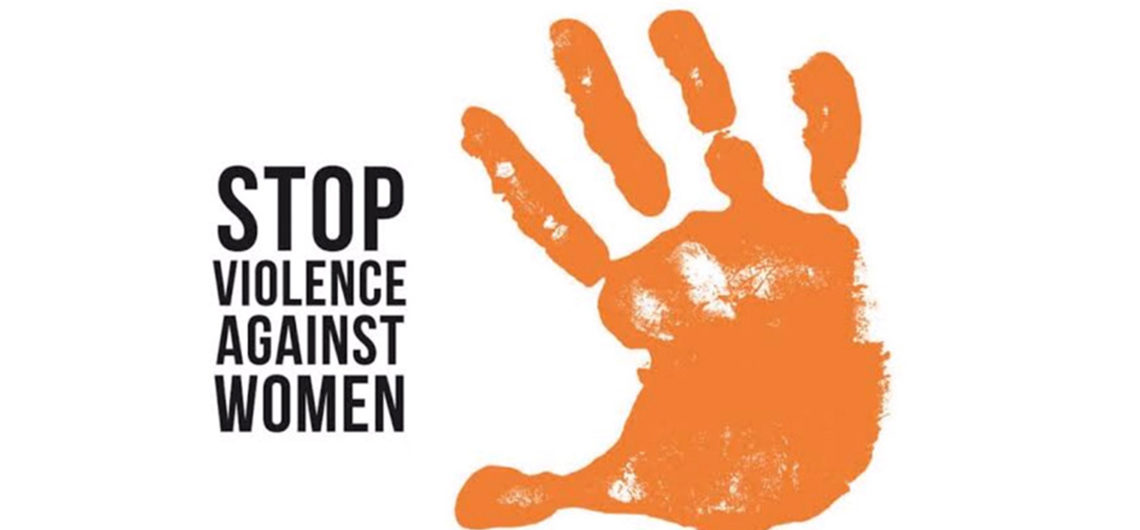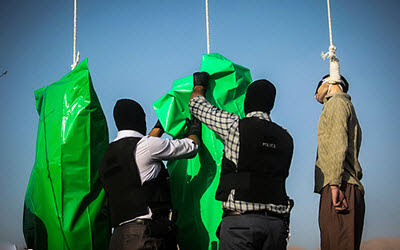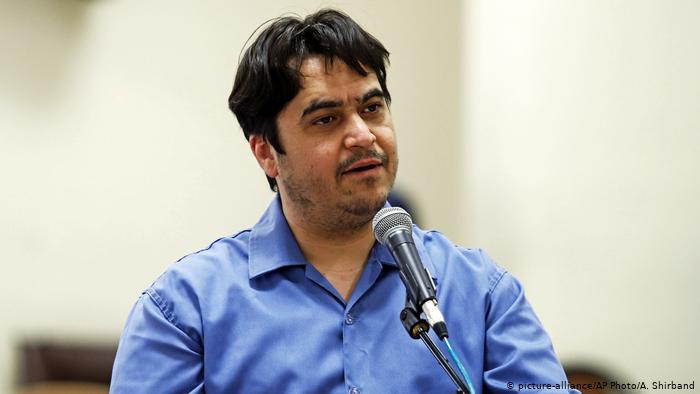The end of Honor Killings and Violence against Women Requires a Change in the Political Structure and Laws of the Country!

By acceding to the Convention on the Elimination of All Forms of Discrimination against Women, New York, December 18, 1979, Iran must regulate its domestic laws in compliance with it. Women's rights in the family, the labor market, and the community must also be improved, and the fight against violence against women must become part of the country's education system and all executive bodies. It is necessary to create a culture in this regard by the civil forces, NGOs and experts.
The end of Honor Killings and Violence against Women Requires a Change in the Political Structure and Laws of the Country!
Over the past month, Iran has witnessed five honor killings. Young girls and women who have been murdered by their fathers, husbands and brothers for reasons of honor, and the society is shocked by these murders and the way the laws and officials of the system treat them. Romina Ashrafi, 14, and Reyhaneh Ameri, 22, were killed by their fathers, Fatemeh Barhi, 19, was killed by her husband and another young women, 18, was killed by her father, brother and other family members in Abadan. These are neither the first nor the last cases of honor killings in Iran. No honor violence is limited to honor killings; such killings are more common among the culturally underdeveloped people of some countries. Prior to these honor killings, we have witnessed a series of acid attacks in the country against women which share common roots. Honor killings are a blatant and violent manifestation of patriarchal, traditional, and misogynistic norms and structures that see women as the property of men to treat them as they see fit. Based on the study conducted among the killers, in addition to the factors mentioned, factors such as tribal affiliation, subculture of violence, attitude towards women, and support of tribal elders have contributed to these killings.
The scale of honor killings in Iran is very wide. According to statistical sources and the statements of the country's officials, honor killings have accounted for nearly 20% of the country's total violence in recent years. For example, in May 2014, a criminal investigation department official said that about 19 percent of homicides in the country were committed with honor motives. According to him, about 62% of "female victims have been killed by their relatives". According to official statistics, honor killings in some areas were even higher and, for example, in 2009, in Ahvaz, 25 percent of reported killings occurred with honor motives. Provinces such as Khuzestan, Kurdistan, Kermanshah, Ilam, Lorestan, Sistan and Baluchestan, Fars, East Azerbaijan and Ardabil have the highest number of honor killings in Iran.
Victims of honor killings and violence, which are a small part of violence against women and sexual minorities in Iran, not only have no legal protection, but also some of the laws and behaviors of judicial and criminal authorities have openly provided the ground for the legitimacy and spread of these kind of violence.
For example, according to Article 630 of the Islamic Penal Code, "If a man sees his wife committing adultery with a stranger man and has knowledge of the woman's obedience, he can kill them both at the same real time, and if the woman is forced, he can only kill the man. Article 220 and other paragraphs of this law also reduce the punishment for the murderer, the father or the paternal ancestor of the woman, and if the judge so chooses, even the murderer father can be completely exempted from punishment. Structural discrimination against women is not limited to these laws.
We, the four secular democratic Republican currents, condemn honor killings and all forms of violence and gender discrimination against women. We see the roots of these killings and violence in criminal and penal laws and other anti-feminist and anti-women's rights laws of the IR. Laws and regulations must be ratified in order to ensure the security of women against violence. Violence and honor killings must be considered crime and any commutation should be abolished. Also, while abolishing the death penalty, crimes related to honor violence and other forms of violence against women should face more severe punishments. Legal and practical provisions should be in place for women and girls to leave their homes and take refuge in women's shelters if they face domestic and honor violence. By acceding to the Convention on the Elimination of All Forms of Discrimination against Women, New York, December 18, 1979, Iran must regulate its domestic laws in compliance with it. Women's rights in the family, the labor market, and the community must also be improved, and the fight against violence against women must become part of the country's education system and all executive bodies. It is necessary to create a culture in this regard by the civil forces, NGOs and experts.
In our opinion, a fundamental change in Iran's laws in favor of women, given the structure and function of the Islamic Republic (IR), depends on changes in the country's political system and the establishment of secular democracy and fundamental changes in relations that protect and intensify women's inferiority. In addition to changing the rules, the need to end honor and violence against women depends on improving the status of women and strengthening their sources of power in various fields, eliminating gender discrimination, and changing patterns and patriarchal culture in Iran. Therefore, we call on all Iranian and international human rights organizations, including women's rights, to put pressure on the IR to change its laws to ensure the security of women against honor violence and other forms of violence.
Political-Executive Boards of:
United Republicans of Iran
The Left Party of Iran (People’s Fadaian)
Iran National Front Organizations Abroad
Union for Secular Republic and Human Rights in Iran (USRHR)
June 21, 2020
CC: António Guterres, Secretary-General of the United Nations
Michelle Bachelet, United Nations High Commissioner for Human Rights
Javaid Rehman, Special Rapporteur on the situation of Human Rights in the IR of Iran
Dubravka Šimonović, Special Rapporteur on Violence against Women, its Causes and Consequences






